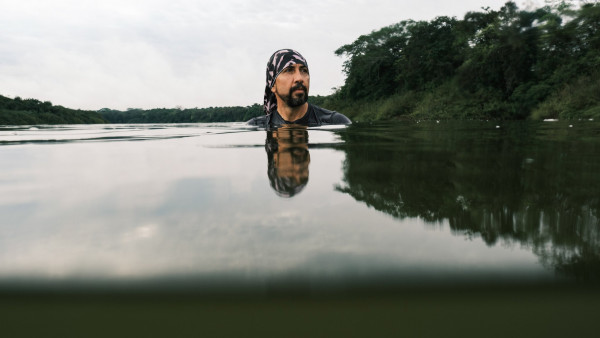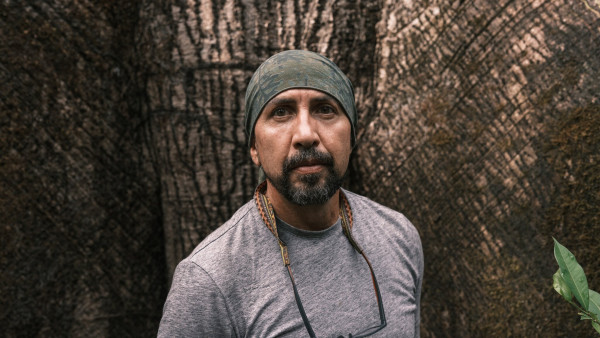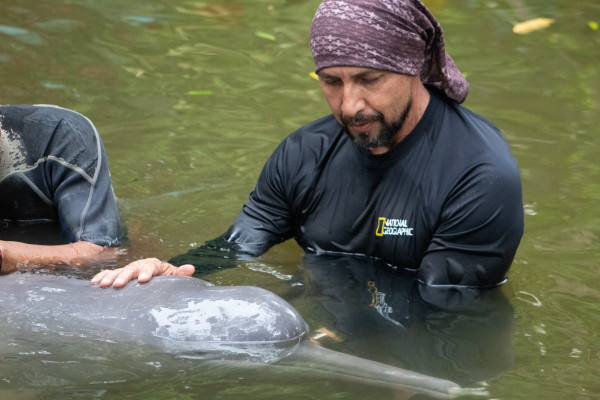Introducing The 2024 Rolex National Geographic Explorer of The Year
Colombian marine biologist and world-renowned expert on river dolphins, Fernando Trujillo, has been named the 2024 Rolex National Geographic Explorer of the Year, and for good reason.

Like the vast majority of highly intelligent aquatic mammals, the friendly and curious river dolphins of the Amazon’s riverine communities require research and protection to future proof their species. Fernando Trujillo is their superhero. Chosen by Rolex for his life-long dedication to protecting the Amazon’s endangered dolphins, Trujillois combining scientific research with action to care for and save this iconic species.
Trujillo has always felt a connection to animals and the water. As a child, his grandfather would take him to the Orinoco River. Winding its way from Venezuela and Colombia out into the Atlantic Ocean, its habitats and wildlife are incredibly diverse. It was a perfect place to find inspiration in the natural world. However, it was on a trip to the Amazon River where Trujillo first meth is lifelong love and what would become his life’s work: river dolphins. At just 1 years old, he witnessed an incident of fishermen accidentally trapping a river dolphin and her calf, which was enough to persuade him to set up a permanent base in the area. These highly inquisitive creatures range throughout the Amazon, and area critical part of its ecosystem.

Their importance is well-recognised by indigenous communities, who view river dolphins as sacred. Despite their status, they are now endangered; threatened by rising water temperatures, deforestation, pollution and conflict with fishermen. During a university seminar with esteemed oceanographer Jacques Cousteau, Trujillo’s path was set. He asked Cousteau what was important to study and was met with a simple reply; dolphins. “There are river dolphins in Colombia and nobody is doing anything to protect them.” Cousteau told him. Trujillo took this haunting motivation on board and went on to become a leading expert in aquatic vertebrates with a doctorate in zoology. Hissolution-based science and unending energy is now illuminating both the conservation stories and local knowledge in the river basin. Through his extensive work over more than three decades, Trujillo has determined that there are more than 3,000 pink river dolphins and almost 4,000 grey dolphins in the region.

In the decades since his first encounter with the trapped dolphin and her calf, Trujillo has embarked on a number of scientific endeavours, working closely with regional governments and local communities to find solutions that benefit everyone. This intimate and long-standing relationship was honoured by the indigenous Brazillian Tikuna people, who named him “Omacha”, meaning a dolphin that became human. It was an appropriate title for someone who not only protects the river dolphins but shares their most famous characteristic — infinite curiosity.
As a result of this honour, the Columbian co-founded ‘Fundación Omacha’, an organisation that promotes sustainable development and conserves aquatic ecosystems in Colombia. From developing fishing agreements to planting trees, and training other researchers and locals in conservation — the marine biologist and his team are sharing their knowledge and passion for protecting the river and its inhabitants.





